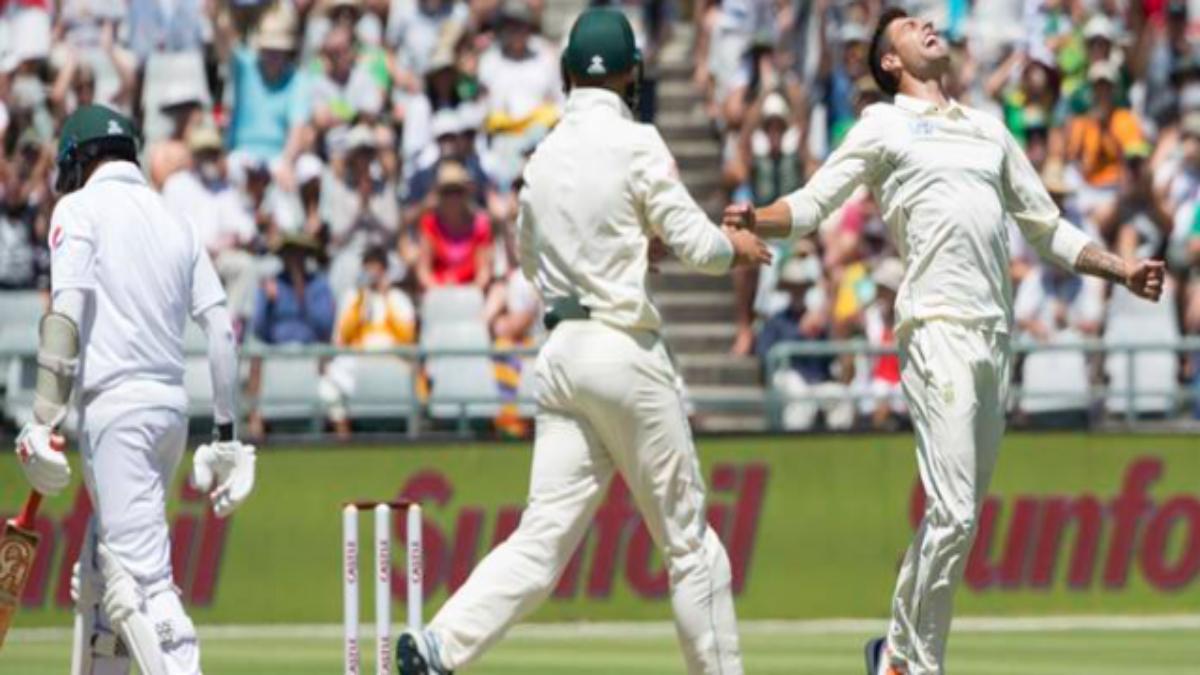Ahmedabad, May 10 (PTI) Gujarat Titans players will wear lavender jerseys during their last home game of the Indian Premier League season on May 15 here in support of the fight against cancer.
The Hardik Pandya-led team faces Sunrisers Hyderabad at the iconic Narendra Modi Stadium here in their last home match of this IPL.
The initiative aims to highlight the critical issue of cancer, which continues to be a significant contributor to morbidity and mortality in India and worldwide.
The choice of lavender, a colour symbolising all types of cancer, serves as a powerful reminder of the many lives affected by this devastating disease, a release said.
By wearing lavender jerseys, Gujarat Titans aim to raise awareness about the importance of early detection and prevention, emphasising the crucial role that lifestyle changes can play in combating cancer, it added.
Through this initiative, the Gujarat Titans hope to inspire people to learn more about cancer prevention and the necessary lifestyle changes along with regular screening for early detection that can significantly reduce the risk of developing the disease.
Gujarat Titans captain Hardik Pandya said, “Cancer is a battle fought by millions in India and across the globe, and as a team, we feel responsible towards raising awareness about this deadly disease.
“Wearing lavender jerseys is our way of showing solidarity with cancer patients, survivors, and their families. We hope our actions will inspire others to take preventive measures and support those who are fighting this battle.” Globally, cancer ranks as the second most common cause of death, leading to approximately 9.9 million fatalities in 2020. The last decade saw the worldwide incidence of cancer surge by 26 per cent, while cancer-related deaths saw a 21 per cent increase.
In India, there is a one in nine chance of an individual developing cancer during their lifetime. The projected number of new cancer cases in the country for 2022 stood at over 14.16 lakhs, with an anticipated 12.8 per cent rise in cancer incidence by 2025 compared to 2020.
Source: PTI News














